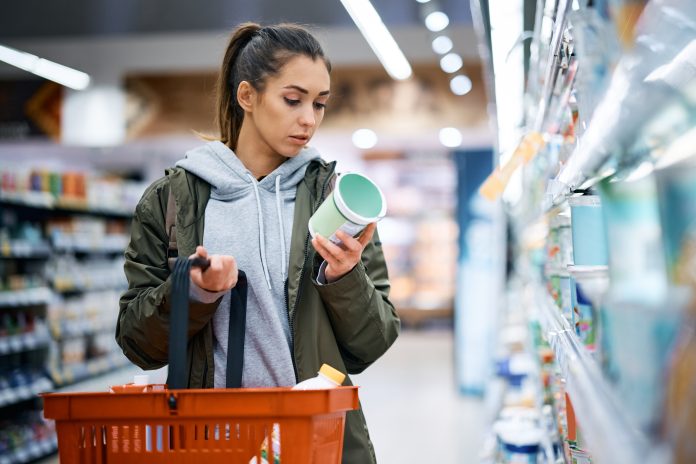
News Canada
Submitted
With budgets stretched thin due to inflation and high interest rates, getting the most out of your trip to the grocery store is taking on even greater importance than before. Here are some tips to get the most value when you shop:
1. Check the price per unit
By comparing the displayed prices for what items cost per 100 grams or whatever the standard unit is, you can get a better sense of how items compare, and which ones offer more bang for your buck. Right up there with planning your meals ahead of time and not going to the store on an empty stomach, this piece of advice is classic because it works.
2. Pay attention at the checkout
It’s easy to get caught up searching for your wallet or bagging your groceries, but it’s worth noticing if items scan correctly at checkout. Most Canadian grocery stores choose to abide by the Scanner Price Accuracy Code. According to this code, if a scanned price is higher than the displayed or advertised price, the retailer will honour the lower price. If the product is 10 dollars or less, it’s free of charge. If it’s more than 10 dollars, they’ll give you a 10-dollar discount. You just have to notice and ask.
3. Do a gut check on quality
Food fraud, which is when food is not what it claims to be on the label, is something you should be aware of. For fraud targets such as honey, olive oil or spices, use logic and consider if something seems off. Is the price way too good to be true? Does a claim on the label seem highly dubious? Maybe there’s no way it could have been grown in a Canadian climate even in a greenhouse? Trust your gut to make sure you’re getting your money’s worth.
When it comes to fish and seafood, the Canadian Food Inspection Agency (CFIA) inspects, samples and tests products that are the most at risk of being misrepresented. Even with this targeted sampling, recent results show less than eight per cent of fish and seafood were not accurately labelled.
The Agency works to protect against food fraud through inspection, surveillance and other risk control measures. They enforce Canadian laws that make it illegal to misrepresent food. If you ever think a food is mislabelled, you can tell the retailer or report it to the CFIA. www.newscanada.com

